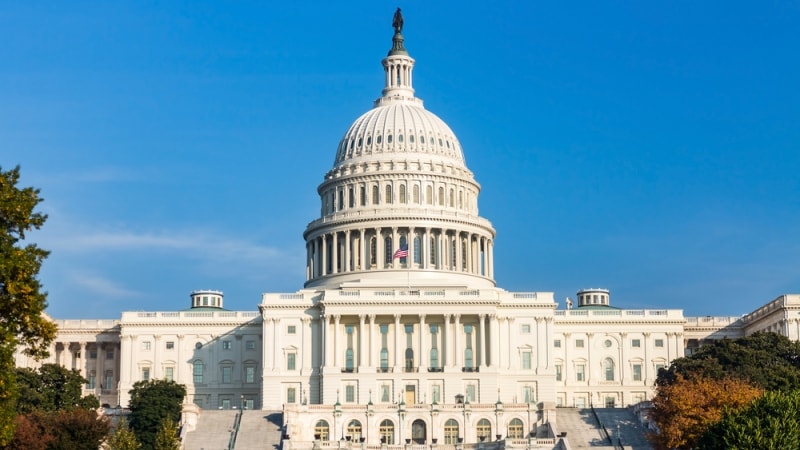
The House Committee on Energy and Commerce Subcommittee on Communications and Technology convened today to discuss the growing number of unwanted robocalls, with an inconclusive conversation and no clear plan to move forward with legislation.
Subcommittee Chairman Mike Doyle, D-Pa., explained, robocalls are “a top consumer complaint received by the FCC [Federal Communications Commission] and Federal Trade Commission, increasing from 150,000 complaints in 2016 to 232,000 complaints in 2018,” with only 20 percent of robocalls being legitimate and reasonable in purpose.
The Subcommittee discussed various concerns with four witnesses, representing academia, consumer interest groups, and technology groups. Witnesses acknowledged that while phone service providers have made progress on robocall blocking services, Congress and the FCC need to redefine the use of autodialers, eliminate loopholes in existing law, and work with law enforcement to hold illegal robocallers accountable.
While there is legitimate use for autodialers in schools, financial institutions, and medical facilities, Patrick Halley, SVP of Advocacy and Regulatory Affairs for USTelecom – The Broadband Association, noted the issue is about real crime and fraud.
“These callers are trying to defraud hard working Americans and Seniors in particular,” stated House E&C Chairman, Frank Pallone, Jr., D-N.J.
More than seven pieces of legislation have been proposed with H.R. 946, The Stopping Bad Robocalls Act, and H.R. 721, The Spam Calls Task Force Act of 2019, receiving significant attention from both the committee and witnesses. H.R. 946 will direct the FCC to enact stronger consumer protections for unauthorized calls and will give the FCC stronger enforcement tools to stop robocallers. Additionally, the bill will enable consumers to stop previously authorized calls, as well as require calls to have accurate caller identification information. H.R. 721 will require the Attorney General, along with the FCC, to “convene an interagency working group to study the enforcement of the TCPA.”
One witness, Margot Saunders, senior counsel of the National Consumer Law Center, believes the passage of H.R. 946 would clearly and unequivocally address the problem as the fastest and most efficient way to deal with unwanted robocalls. However, David Summit, CISO of the H. Lee Moffit Cancer Center & Research Institute, explained that one single solution isn’t the answer here, “we need additional tools to help us in the fight.”
Without a singular solution under consideration, the longstanding discussion of robocalls continues. The hearing was adjourned without mention of a markup or vote in the near future.
